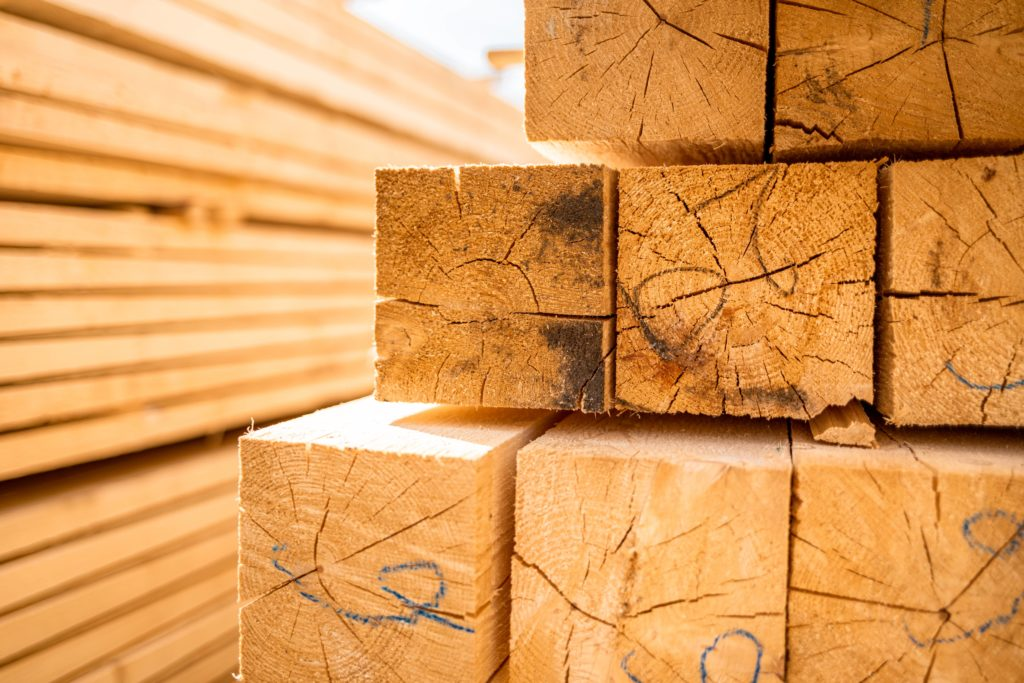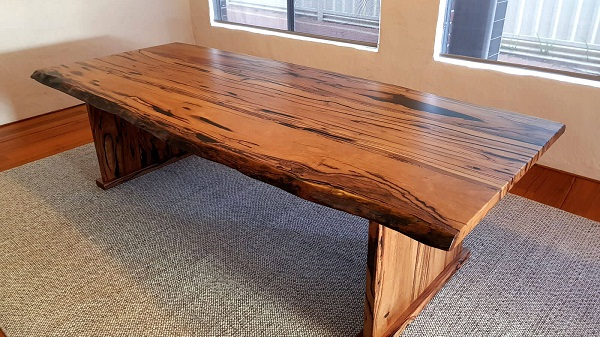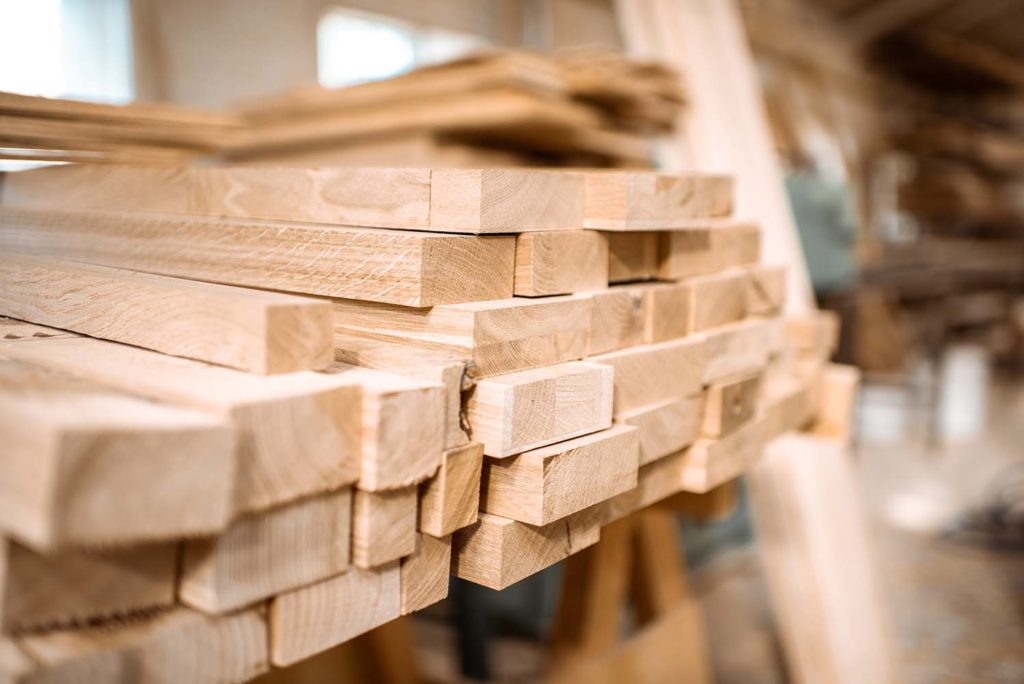When it comes to decking materials, selecting the right type of wood is essential for ensuring durability, visual appeal, and long-lasting performance. Hardwood timber is commonly selected for decking due to its range of beneficial qualities.
This wood provides various advantages that can make it suitable for outdoor spaces. In this article, we will explore why dense tropical timber is an ideal material, from its strength and resilience to its natural beauty.
Why Dense Tropical Timber Stands Out in Decking
Hardwood decking is a popular choice for outdoor constructions due to its remarkable qualities. Tropical hardwood timber, in particular, is well-regarded for its ability to withstand the elements. Its sturdy structure provides enhanced durability and resistance to wear and tear, which are essential for materials exposed daily to harsh weather conditions.
Whether it is intense sunlight, heavy rainfall, or freezing temperatures, it can handle it all without compromising its integrity. The strength and density make it a reliable material that will last for many years. Tropical timber does not easily succumb to damage from everyday use, such as foot traffic or furniture placement.
This type of wood maintains its form and texture, ensuring the decking remains functional and attractive throughout its lifespan.
The Natural Beauty of Hardwood Decking

One of the standout features of hardwood decking is its visual appeal. This material boasts a rich, warm tone that naturally enhances the beauty of any outdoor setting. The wood’s fine grain and smooth texture create a refined appearance that can complement various architectural styles, from modern designs to more rustic or traditional settings.
It develops a patina over time, which only adds to its charm. As it weathers and ages, the wood takes on a silver-grey hue, giving it a sophisticated, weathered look that is highly desirable among those seeking an authentic, timeless aesthetic. This natural ageing process helps maintain the integrity of the appearance without requiring excessive maintenance.
Durability
One of tropical hardwood decking’s most attractive features is its durability. Species such as Cumaru, Iroko or Ipe are not only highly resistant to rot, decay, and insect infestations but also hold up well against impact and pressure. The robustness ensures that it can handle heavy loads, making it an ideal material for outdoor areas that need to support various activities, such as hosting gatherings or placing outdoor furniture.
The wood’s inherent density contributes to its strength, allowing it to endure the stresses of daily use while remaining structurally sound. This advantage makes dense timber particularly suitable for regions with varying climates, as it is resilient in humid and dry environments.
Sustainability and Eco-Friendliness
As sustainability becomes increasingly important to consumers, hardwood timber stands out as an environmentally responsible choice when it is FSC certified.
Many species of hardwood decking are sourced from responsibly managed forests, which helps reduce the environmental impact of deforestation. Choosing it from certified sources ensures that the wood is harvested in an eco-friendly manner, preserving natural habitats for future generations.
Moreover, it’s biodegradable, making it a sustainable option that aligns with efforts to create more eco-conscious outdoor spaces, as opposed to other materials that incorporate plastic in their formula.
Maintenance Considerations

Maintaining hardwood timber decking is relatively straightforward, especially when compared to other materials that may require frequent repairs or refinishing. While hardwood timber is highly durable, regular cleaning and the occasional application of oil or protective sealant can help maintain its appearance and extend its lifespan.
One key benefit of a more dense timber is that it does not need constant treatment to stay in top form. Over time, the wood resists the elements, requiring minimal intervention from the property owner.
Versatility in Design
Maintaining hardwood timber decking made out of Balau, Ipe, Cumaru or Iroko is relatively straightforward, especially when compared to some other decking materials that may require more frequent repairs or refinishing. While dense timber is highly durable, periodic cleaning and the occasional application of oil or protective sealant can help maintain its appearance and prolong its lifespan.
One key advantage of dense timber is its natural resistance to the elements, which reduces the need for constant treatment. Over time, it naturally withstands weathering, requiring minimal intervention to preserve its appearance and structure.
Additionally, the wood’s density allows it to maintain its strength and integrity under various environmental conditions, contributing to its long-term durability. Regular upkeep ensures that the decking continues to enhance the aesthetic of outdoor spaces without requiring excessive effort.
How to Choose the Best Materials for Decking
It’s important to consider factors such as durability, aesthetics, maintenance, and environmental impact. Hardwood decking species like Ipe, Cumaru and Yellow Balau offer a combination of strength, visual appeal, and longevity, making them an excellent choice for outdoor spaces.
Opting for FSC certified materials sourced from responsibly managed forests ensures sustainability and reduces the environmental impact. Additionally, consider decking materials that offer resistance to rot, decay, and insect damage while requiring minimal upkeep over time.
Dense hardwood timber offers a combination of durability, natural beauty, and sustainability, which makes it a reliable option for decking. When considering materials for outdoor spaces, hardwood decking like timber stands out for its resilience and minimal maintenance requirements. Its ability to withstand various environmental conditions ensures it remains a long-lasting and functional addition to any outdoor space. The minimal upkeep and exceptional durability make it a choice for many.

